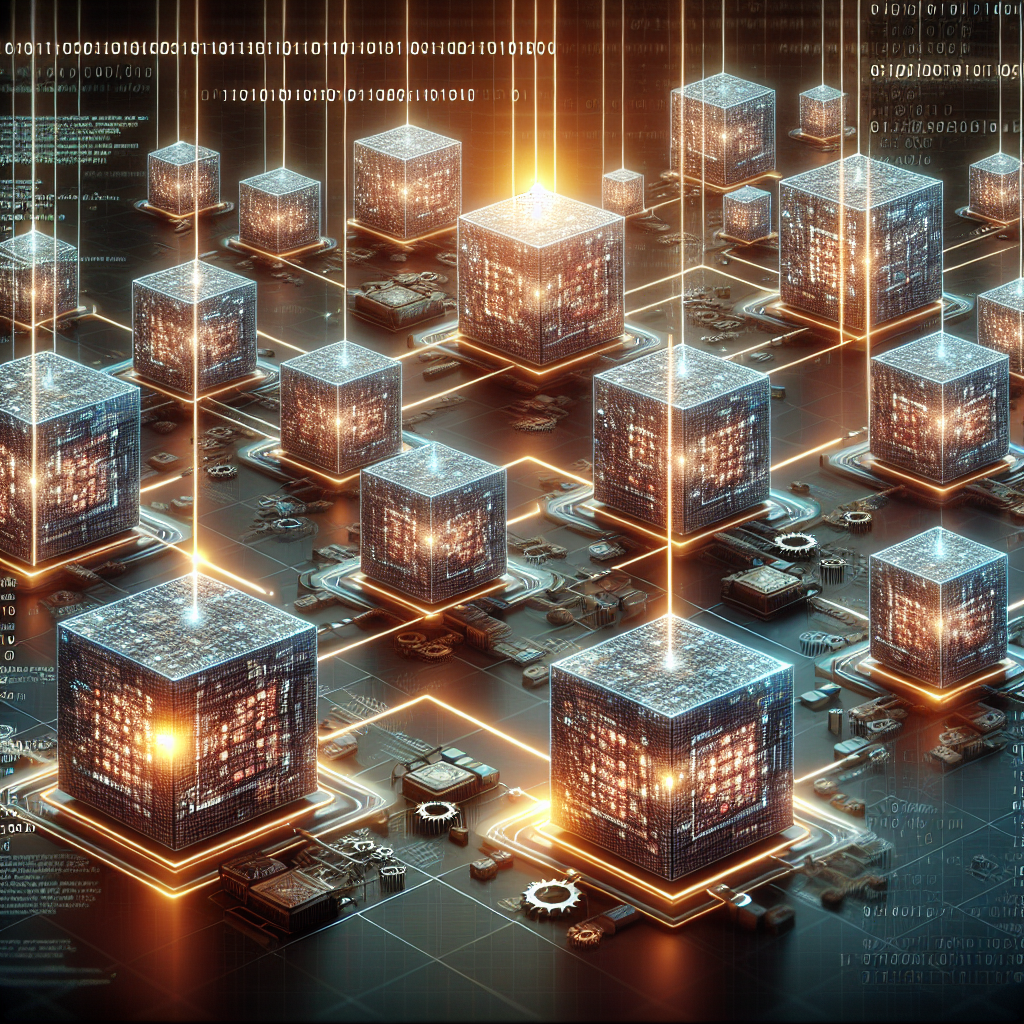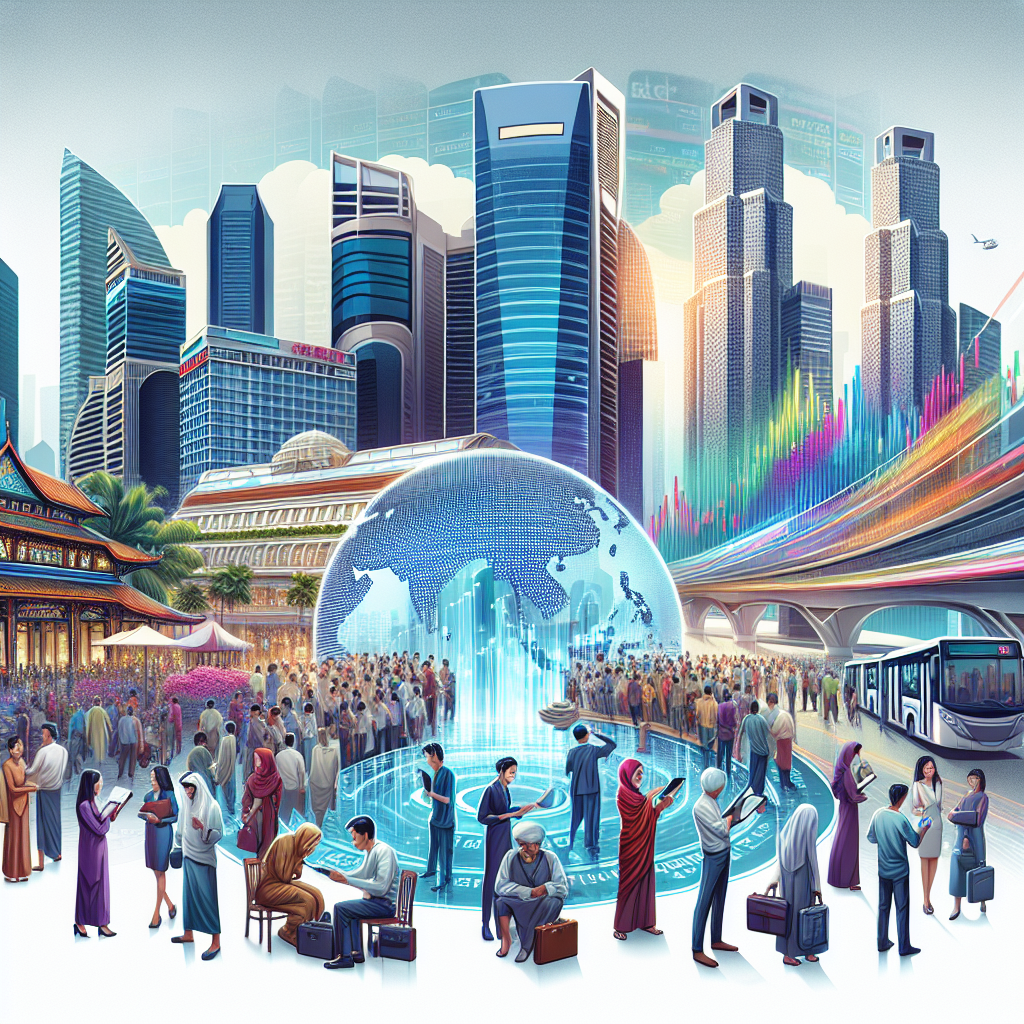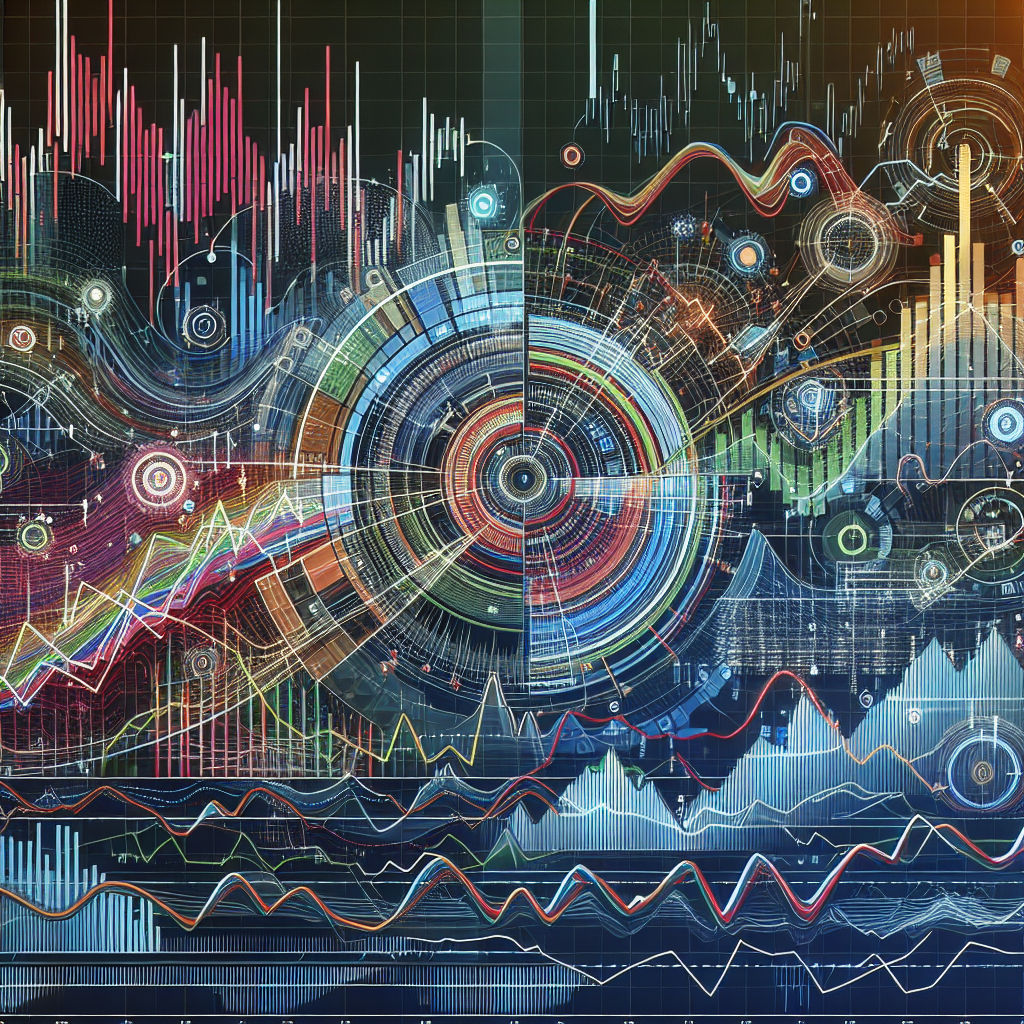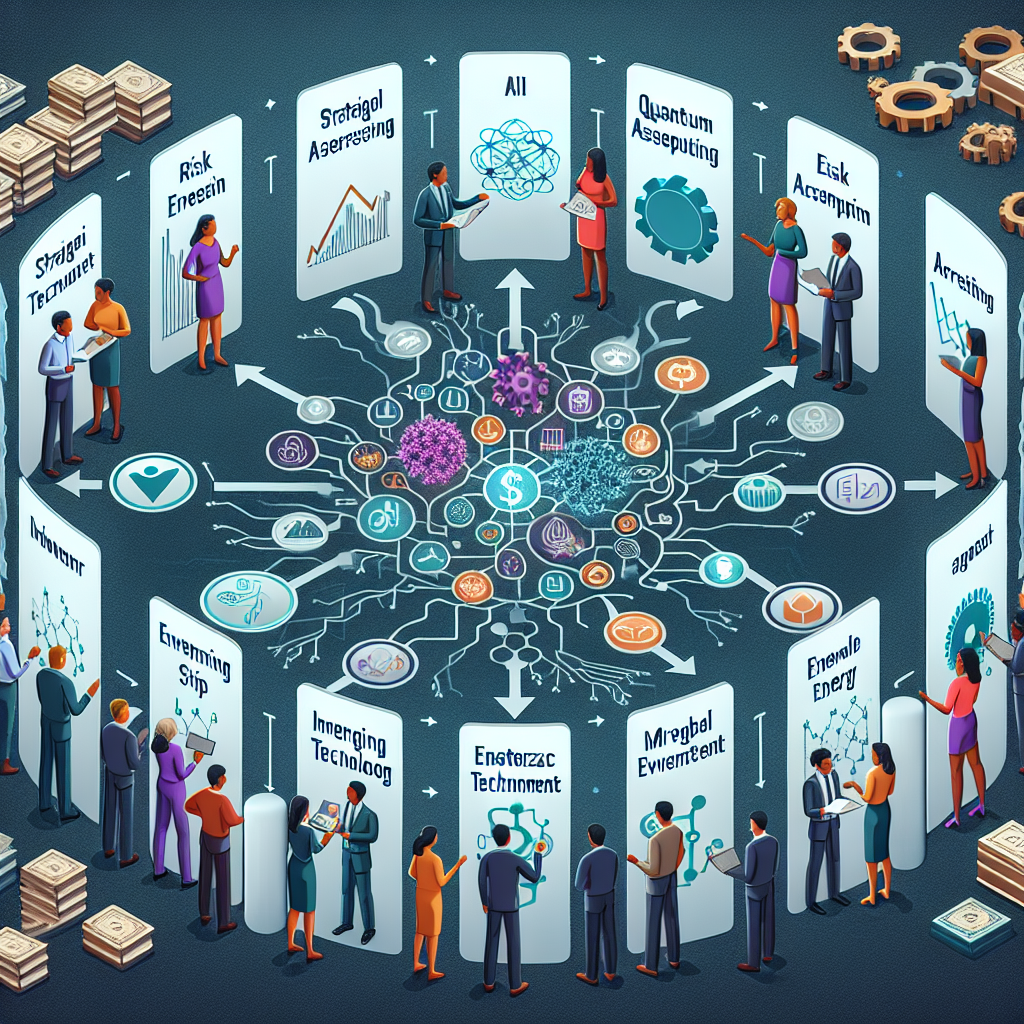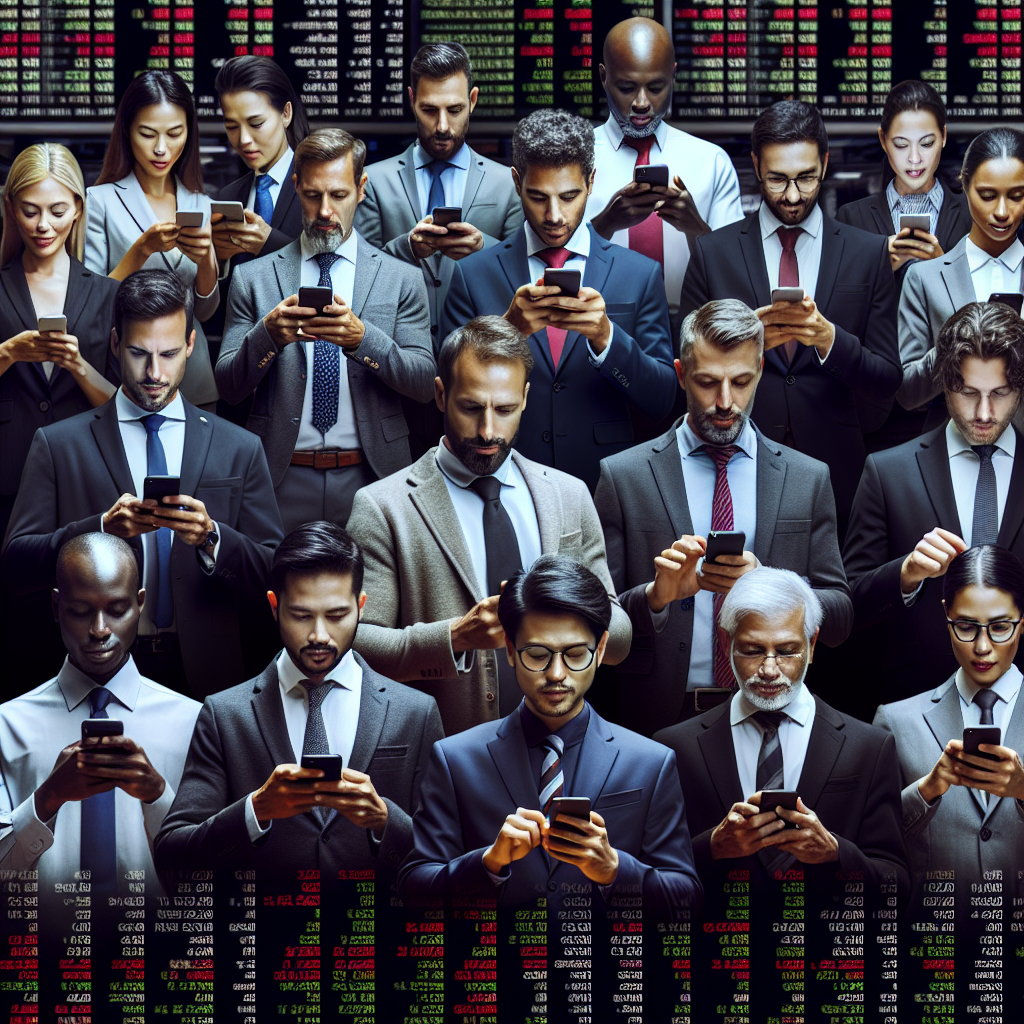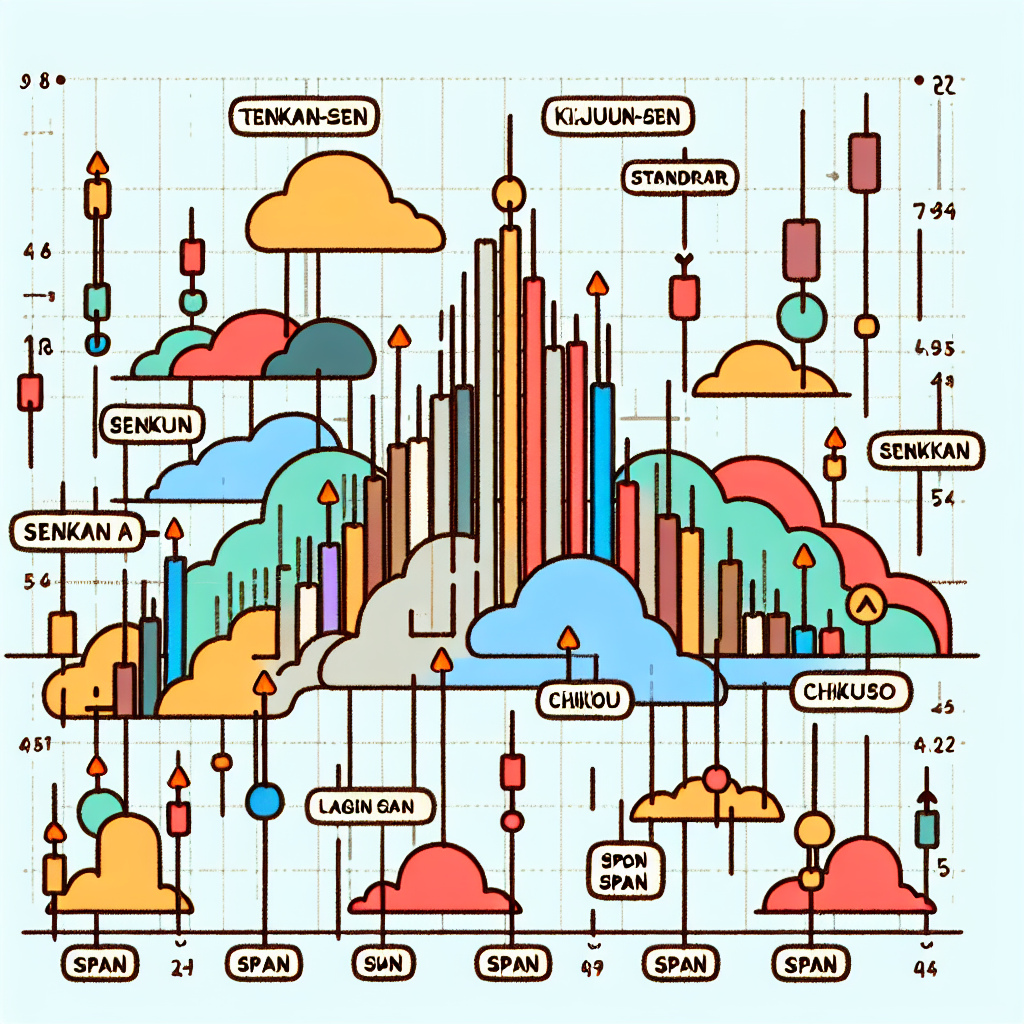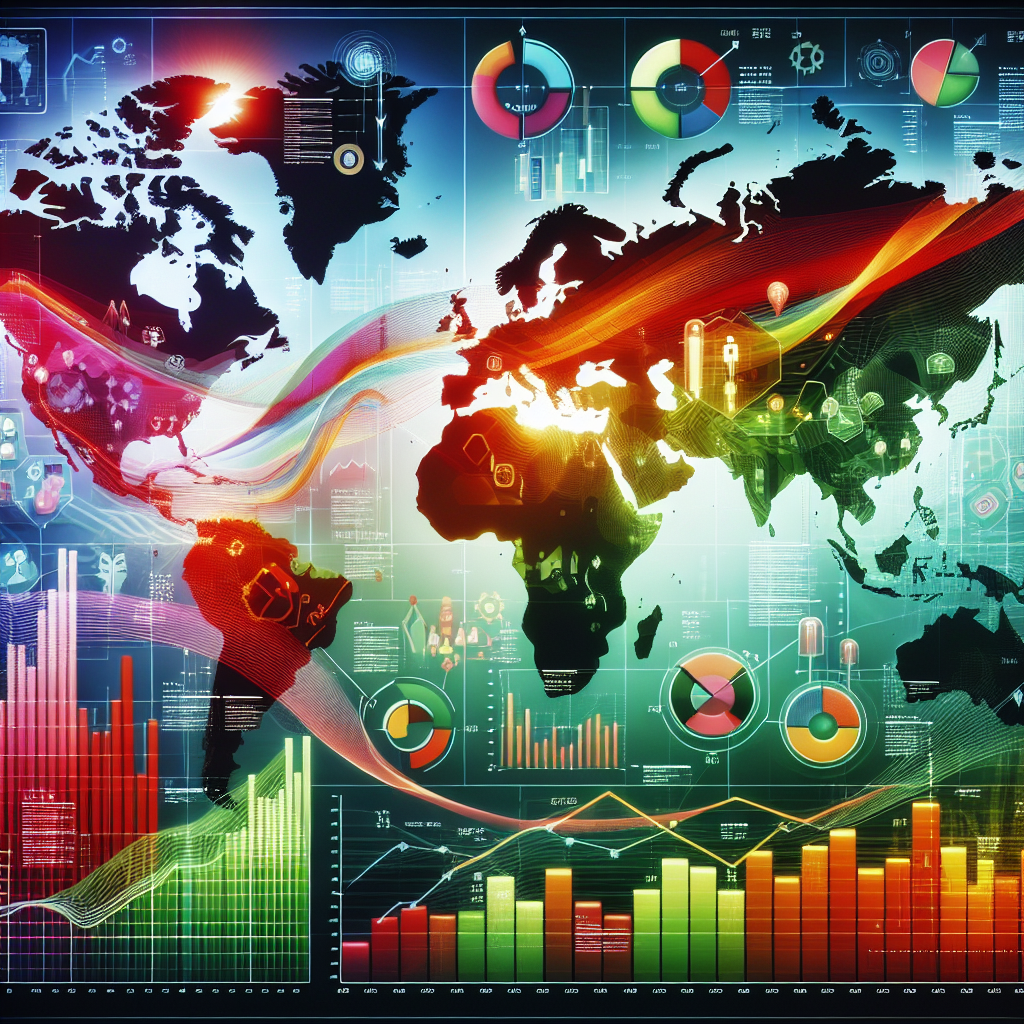
Introduction
As the world becomes increasingly interconnected, events in one part of the globe can have far-reaching impacts on economies elsewhere. From geopolitical tensions and pandemics to technological advancements and climate change, various factors contribute to shaping the global economic landscape. This report dives into the complexities of the global economy, examining recent trends, challenges, and the broader implications of these dynamics.
Emerging Trends in the Global Economy
Technological Innovation
Technological advancements, especially in digital technology and AI, continue to drive economic transformation worldwide. These innovations are not only creating new industries but are also enhancing efficiency in existing sectors, thereby reshaping global trade patterns and labor markets.
Shifts in Trade Dynamics
The past few decades have seen significant changes in global trade dynamics, including the rise of China as a major economic powerhouse, the renegotiation of trade agreements, and increased protectionist policies among some of the world’s largest economies. These shifts are influencing global supply chain strategies and economic relationships.
Climate Change and Sustainability
Climate change poses a significant risk to the global economy, with natural disasters and changing weather patterns affecting agriculture, industry, and livelihoods worldwide. Conversely, the push towards sustainability is driving investment in green technologies and industries, opening new opportunities for economic growth.
Challenges Facing the Global Economy
Income Inequality
Despite global economic growth, income inequality remains a pressing issue, with wealth increasingly concentrated among a small segment of the population. This disparity is a source of social tension and poses a risk to economic stability and growth.
Political Uncertainty
Political instability and uncertainty can have immediate effects on economic confidence, investment, and growth. Trade wars, changes in policy direction, and geopolitical conflicts are examples of political actions that can disrupt the global economy.
Global Health Crises
The COVID-19 pandemic demonstrated the profound impact global health crises can have on the world economy, leading to recessions, disrupting global supply chains, and prompting a reassessment of globalization’s benefits and risks.
Future Prospects and Recommendations
Economic Recovery and Resilience
Building a resilient global economy requires policies that promote open and fair trade, investment in sustainable development, and mechanisms to cushion against economic shocks. Efforts to improve global health infrastructure, especially in less developed countries, are also crucial.
Addressing Inequality
To ensure sustainable economic growth, it is essential to address income and wealth disparities both within and among countries. This involves implementing policies that support inclusive growth, such as improving access to education, healthcare, and digital technologies.
Advancing Technological Innovation and Sustainability
Investing in technological innovation and sustainability can drive future economic growth while addressing critical challenges like climate change. International collaboration is key to advancing these goals, with a focus on creating green jobs and promoting clean energy technologies.
Conclusion
The global economy is at a critical juncture, facing both significant challenges and opportunities. By understanding these dynamics and implementing forward-looking policies, nations can work together to foster economic stability, promote sustainable development, and ensure a prosperous future for all.
